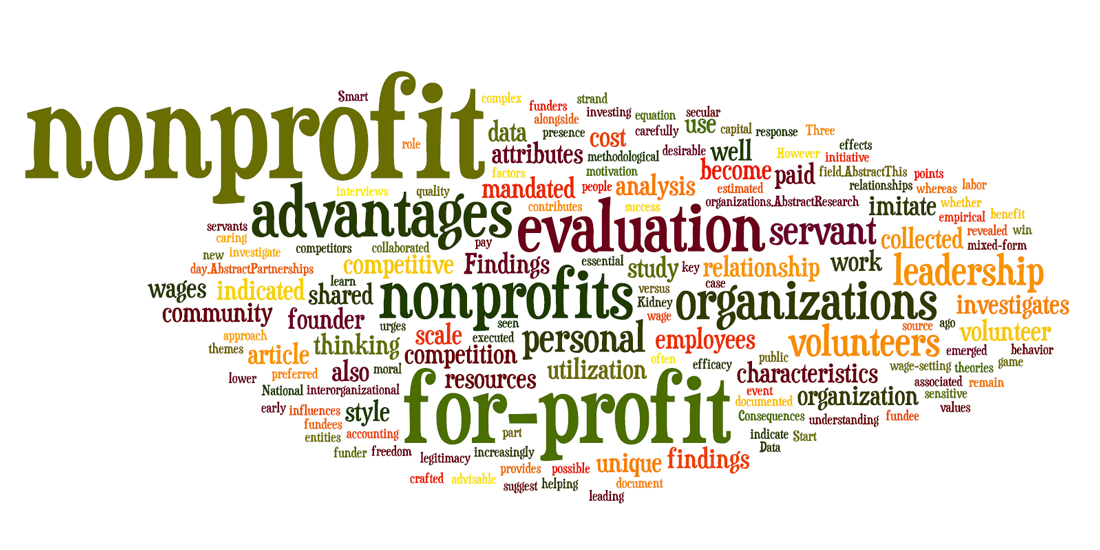Search engine optimization (SEO) is essential to all nonprofits, and at its core are keywords.
These keywords can help you reach the top of search results and attract the attention of individuals across the globe.
As such, they’re very important. But where does one start from?
- Highlight What’s Important
What are the main points of your organization? What defines it? What do you offer and provide? These are complex questions with complex answers, as nonprofits have multiple services within all at the same time.
Using an animal shelter as an example, a few of the services defining it would be:
- The animals they serve
- What help they provide for those animals
- Resources they offer
- Donor Involvement
- How Donations are used
- Volunteer Options
Defining all this helps simplify the task into something more manageable, and makes it easier to start making a list of keywords.
- Understand Your Audience
Don’t assume everyone knows exactly what your organization stands for. Instead, ask yourself: what words would a person use to search for my site?
Think about how others around you- family, friends, etc- explain what your nonprofit does. While you may think that “cleaning the oceans” may cover your cause, understand that the very same thing can be said with different words. Furthermore, that phrase doesn’t cover what volunteer options, donations, and campaigns you offer. Think about many ways they can be defined.
- Not Everyone Is an Expert
Every industry has its jargon, but not everyone knows it. Your audience is more likely to type “how can I help the homeless” rather than “how to promote successful community outreach to the homeless.”
Simple is elegant. Get to the bare bones of the matter.
- Get Specific
While generalizing to broaden your prospective audience seems like a good, it is far more beneficial to be specific. That way your nonprofit shows up in relevant searches for its cause, not because someone put in a word that only slightly has anything to do with your cause.
Ask yourself questions:
- What makes your nonprofit unique?
- Where in the country do you serve?
- Which sections of the population are your focus?
- What types of events do you host?
- What makes your events unique?
- Does the money you raise benefit another organization?
- Are there specific activities your volunteers can be involved in?
- What skills can you help volunteers develop?
- How are your volunteers’ experiences different from those of other organizations?
Not only does this help target the right kind of group, but it also helps you know which keywords to utilize.
- Do Some Research
All this may feel daunting, as it is a lot to consider. Thankfully, there are tools available to assist: Google’s Keyword Tool. This handy website keeps track of the list of keywords you’ve begun developing, as well as tweak keywords you’ve already chosen.
When you enter a potential keyword, the tool offers keyword ideas connected to the original. For example, “helping war vets find jobs” causes the keyword tool to suggest keyword ideas like “jobs for disabled veterans” and “military vets jobs,” among other ideas. Coupled with defining your nonprofit and research, this tool helps you extend your list.
Once you are satisfied with the quantity, you can start to evaluate the quality of the listed keywords. Shown below, every keyword you enter into the tool will list the statistics for three factors: the number of global monthly searches, the number of local monthly searches, and a competition rating.
- Global Monthly Searches approximates how often this keyword is searched per month across all devices, locations, and languages.
- Local Monthly Searches approximates how many searches are executed monthly in the specified devices, locations, and languages of your choosing.
- Competition is a three-value rating (Low, Medium, High) based on how many organizations have paid to place ads for certain keywords.
This information highlights which terms should have your focus, and which shouldn’t. Balancing these factors can help you choose the keyword that works best for you.
The entire point of keywords is to improve your SEO so that you can connect with your target audience. Pick keywords that match what your organization offers and what people search for. If you rank for “donating to new york charity,” it won’t help very much with filling your nonprofit’s volunteer positions elsewhere.
Ultimately, knowing your organization and audience defines what keywords you choose. The tips offered here will get you on the right track for searching what’s best for you.
Are there any tips here you’ve liked for brainstorming keywords? What obstacles have you come against when choosing keywords? Please share with us in the comment section below.
[clickToTweet tweet=”Choosing Keywords for Your Nonprofit Website / SEO Strategy” quote=”Choosing Keywords for Your Nonprofit Website / SEO Strategy”]



I’d never known about Google’s Keyword Tool before! What an awesome resource!